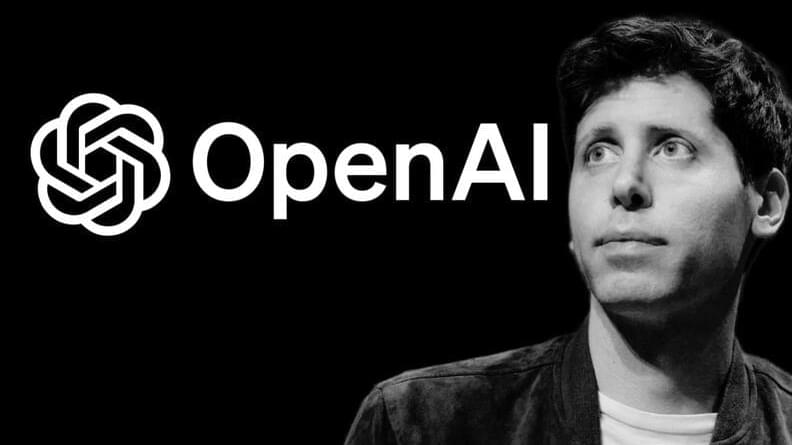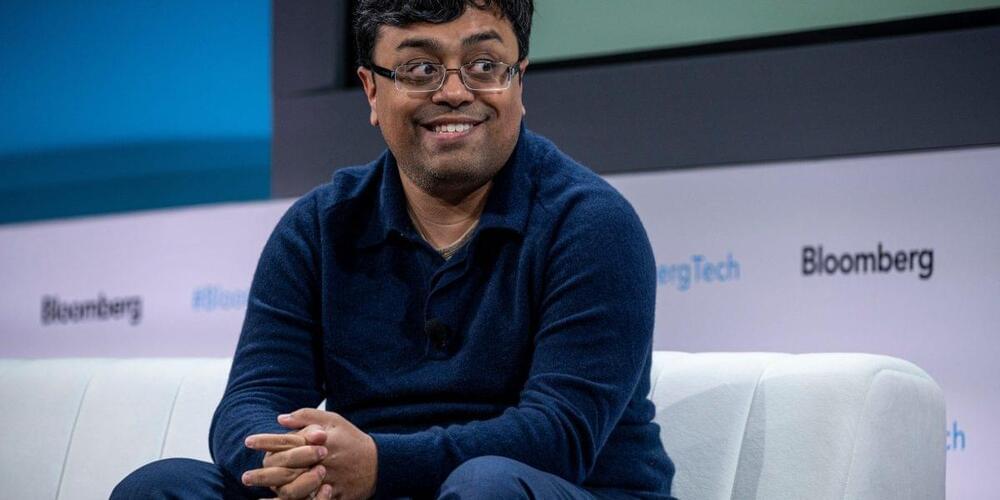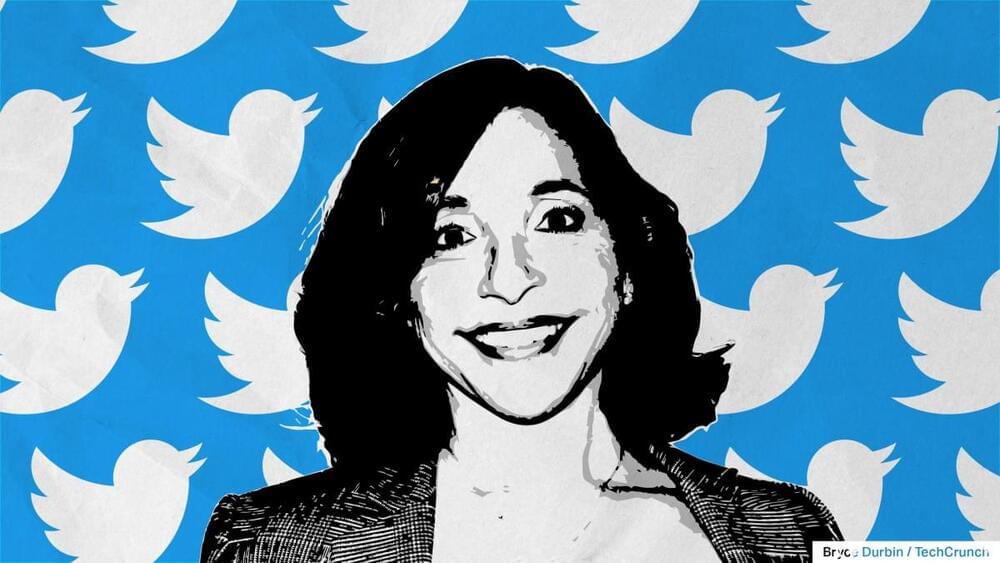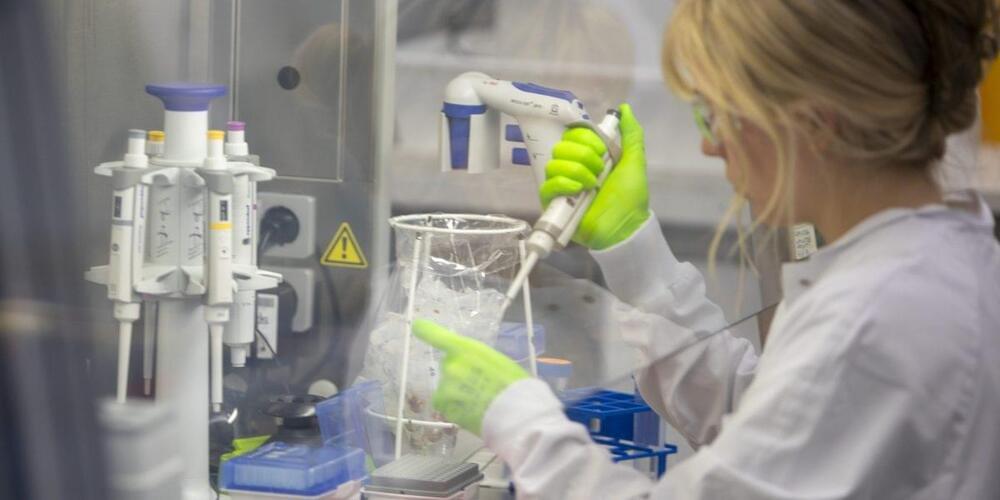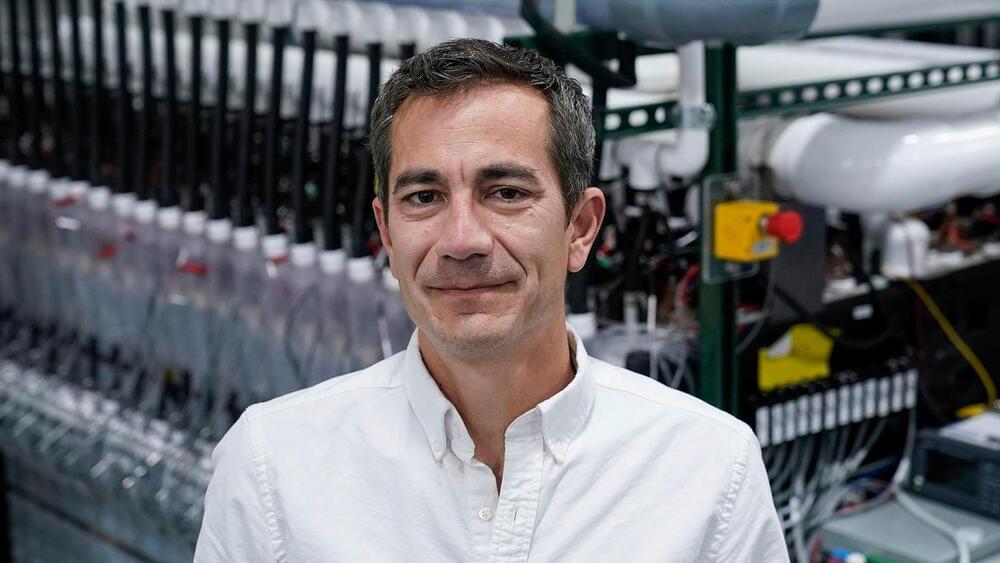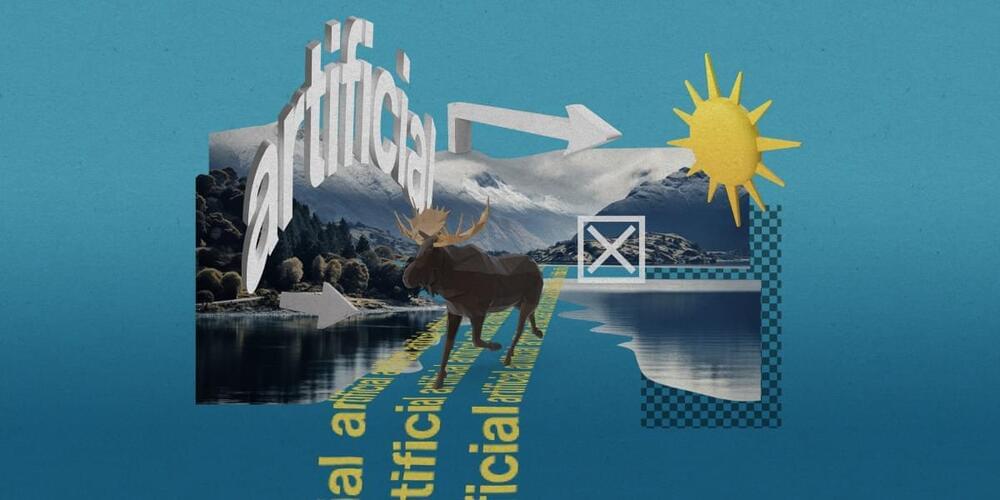Watch the full episode and view show notes here: https://bit.ly/3Oo9mE5
Become a member to receive exclusive content: https://peterattiamd.com/subscribe/
Sign up to receive Peter’s email newsletter: https://peterattiamd.com/newsletter/
In this “Ask Me Anything” (AMA) episode, Peter delves into the realm of genetics, unraveling its connection to disease and emphasizing the value of understanding one’s genetic risks. He elucidates essential background knowledge on genetics before delving into the myriad reasons why individuals might consider genetic testing. Peter differentiates scenarios where genetic testing provides genuine insights from those where it may not be as useful. From there, Peter explores a comprehensive comparison of commercial direct-to-consumer genetic tests, providing insights on interpreting results and identifying the standout options for gaining insights into personal health.
In this sneak peek, we discuss:
00:00 — Intro.
02:09 — Defining the term “genetics” and why it’s important.
04:03 — What is DNA, and how does it impact our biology and traits?
07:13 — How are genetics passed down from parent to child?
11:44 — How much do genes vary across individuals?
16:22 — Which traits are determined by genetics versus experience or environmental factors?
22:30 — Reasons for genetic testing.
In the full episode, we also discuss:
–What exactly is being measured by a genetic test?;
–Testing for monogenic disorders;
–Understanding polygenic risk;
–Is genetic testing more important for someone who doesn’t know their family history?;
–What does it mean to be positive for a particular variant?;
–What does it mean to be negative for a particular variant?;
–How does someone get genetic testing through their healthcare provider, and how are these tests performed?;
–The financial cost of various genetic tests;
–Could having a risk allele for a disease result in an increase in one’s insurance premium?;
–Other risks associated with genetic testing;
–How do commercial, direct-to-consumer genetic tests compare to the information one might receive from clinical genetic testing?;
–Are certain direct-to-consumer tests better than others?;
–How long until whole genome sequencing becomes genuinely useful?;
–How useful are personalized dietary recommendations based on genetics?;
–Final thoughts and advice regarding genetic testing; and.
–More.
——-
About:
The Peter Attia Drive is a deep-dive podcast focusing on maximizing longevity, and all that goes into that from physical to cognitive to emotional health. With over 70 million episodes downloaded, it features topics including exercise, nutritional biochemistry, cardiovascular disease, Alzheimer’s disease, cancer, mental health, and much more.
